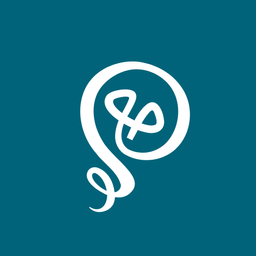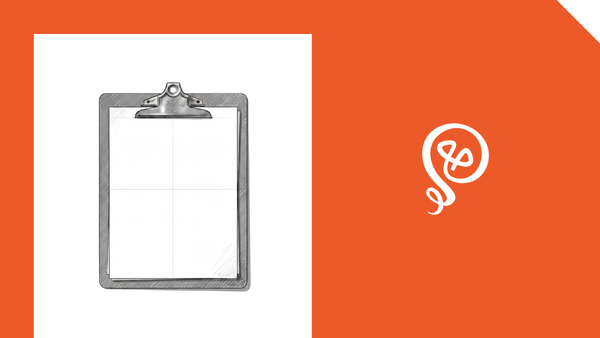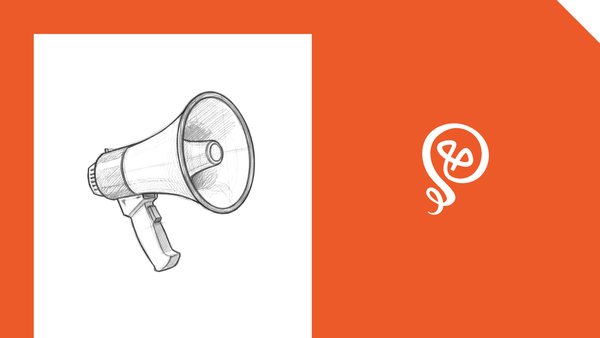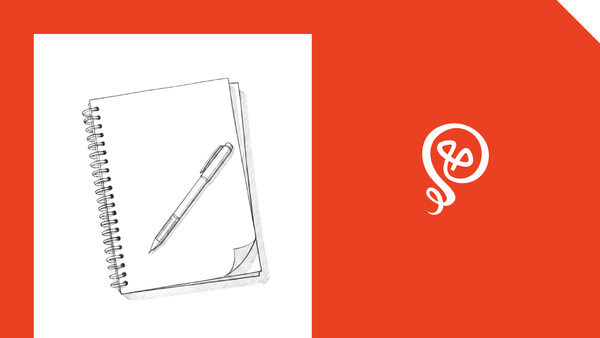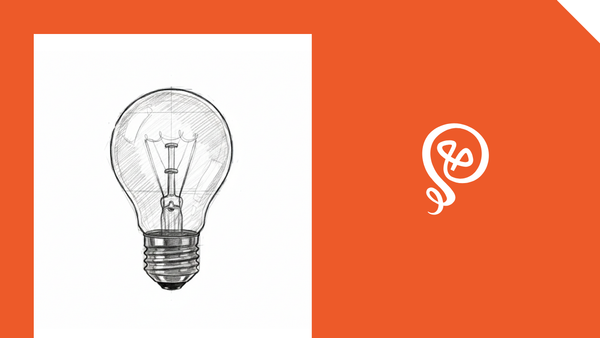Sometimes Quitting Is the Best Thing for Mental Health
Life’s too short for a job that sucks the joy out of you.

My pandemic story is not unique. Working from home, juggling remote learning with three kids during the day. It was isolating, frustrating, and exhausting. But I plowed through, like all the parents out there (and really, what choice did I have?).
My anxiety level was at an all-time high. But by late December of 2020, I realized that the source of my stress was not only pandemic-related. My job was causing unhealthy levels of stress.
So in January of 2021, I quit my job.
And then eight months later, I quit my job again.
Many things have been outside of my control during this pandemic. But I realized that one thing I could control was my career. I could say goodbye to feeling undervalued and spinning my wheels in a toxic environment.
Even though looking for a new job is time-consuming and starting a new job brings its own challenges, it is 100% worth the effort to find work that satisfies you with a company that appreciates you. Or, strike out on your own — I did a little of both.
I used to end many of my workdays ranting to my husband or spiraling with negative thoughts. I couldn’t turn my brain off and it impacted my life outside of work. I was left with little energy to do the things that I enjoy.
In a way, it was an unexpected gift of the pandemic. I realized that with so many other things on my mind, my job was taking up an unwanted amount of space. I’d reached a limit.
What I’d previously tolerated was no longer tolerable.
The Great Resignation has turned the tables
And so I became one of many, many people who voluntarily quit their job to find something better. The first time I quit, I didn’t have anything formally lined up yet (though I was in the final interviewing stage with a few companies). The second time I quit, I took a thoughtful, slow approach to make sure I would end up in a job where I could be happy for a long time.
My first quit in February of 2021 was slightly ahead of the coined phrase “The Great Resignation,” which was first used in May of that year by Anthony Klotz, a professor of management at Mays Business School at Texas A&M University.
The Great Resignation shows no signs of slowing down. The Labor Department reported another record 4.5 million workers who quit their jobs in November. According to a survey by Workvivo, 60% of employees plan to leave their jobs in 2022.
While many people have quit for the same reasons as me, the mass exodus has also raised the bar for workplaces. Hustle culture has been replaced by companies that prioritize employee wellbeing and flexible work environments. It’s put more pressure on wages, salaries, and other benefits for employers to remain competitive.
All of these are extraordinarily good things. “Command and control” has been the mantra for many companies for far too long. Klotz told CNBC:
“It’s not just about getting another job, or leaving the workforce, it’s about taking control of your work and personal life, and making a big decision — resigning — to accomplish that.”
Employees have learned that their employers are lucky to have them, not the other way around.
Deciding what I needed from my career
With my first quit, I just needed something different. Not only did I change jobs, but I also changed careers — pivoting from fintech into content marketing and journalism.
I had been working remotely for a long time, so a fully remote company was an absolute must in my job search. But beyond that, I didn’t have a lot of other requirements. After all, changing careers meant that I was starting from ground zero in terms of experience.
As the months passed as a writer at a marketing agency, I realized that my list of needs was actually longer. I wanted more autonomy over my work and the ability to shape my role, much like the experience that I’d had working for a small fintech for so long.
I’d needed a change, but the job I took was not serving me.
I’m a cautionary tale for jumping into something too quickly. Onboarding in a new role can be its own mental load. If I had to do it all again, I would have been more thoughtful in my first job search and really taken the time to think about what I wanted from my career — not just “anything that isn’t my current job.”
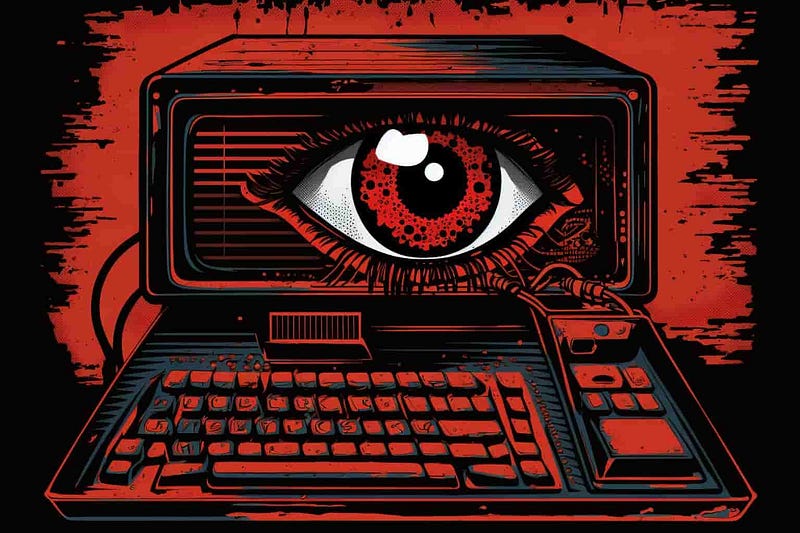
Finding work that aligned with my values
My second job search was far different from my first. Because The Great Resignation was still in full swing and because I wasn’t desperate to leave my job, I could take my time. I wanted to find a company that was not only remote-first but people-first.
The rise of remote work meant that the doors were flung wide open for a job search. The rise of The Great Resignation meant that the job market was on fire, with many companies seeking talented employees. Even with doing more research on companies first and applying more selectively, I still found a new job quickly.
But the other major change that gave me more control over my career was diving into the world of freelancing. I am a regular contributing editor at a magazine and have freelance clients. I keep this work minimal, since my “work less, be happy” philosophy means that I don’t want to work an insane amount of hours, but it gives me more options.
The creator economy similarly exploded during the pandemic. A study by CB Insights published in June of 2021 found a record $1.3 billion in funding in the first half of the year. This shows that there has been an eschewing not only of crappy jobs but of traditional work altogether.
Whether people pursue working for themselves because they can earn more or because they want more flexibility, the results are empowering. There are more resources available than ever to find clients, manage a small business, and share successes.
My current job and my freelance writing both align with my values: I feel that my work is appreciated, and I have a lot of freedom and control over the results.
And, perhaps best, I am in such a better headspace. I can be fully present for my work, and step away when I need to. While being a longtime remote employee has given me physical freedom for years, now I also enjoy mental freedom.
Check out my newsletter, written for people who want improve their workflows, enjoy tinkering with new tools, or want some life hacks.


